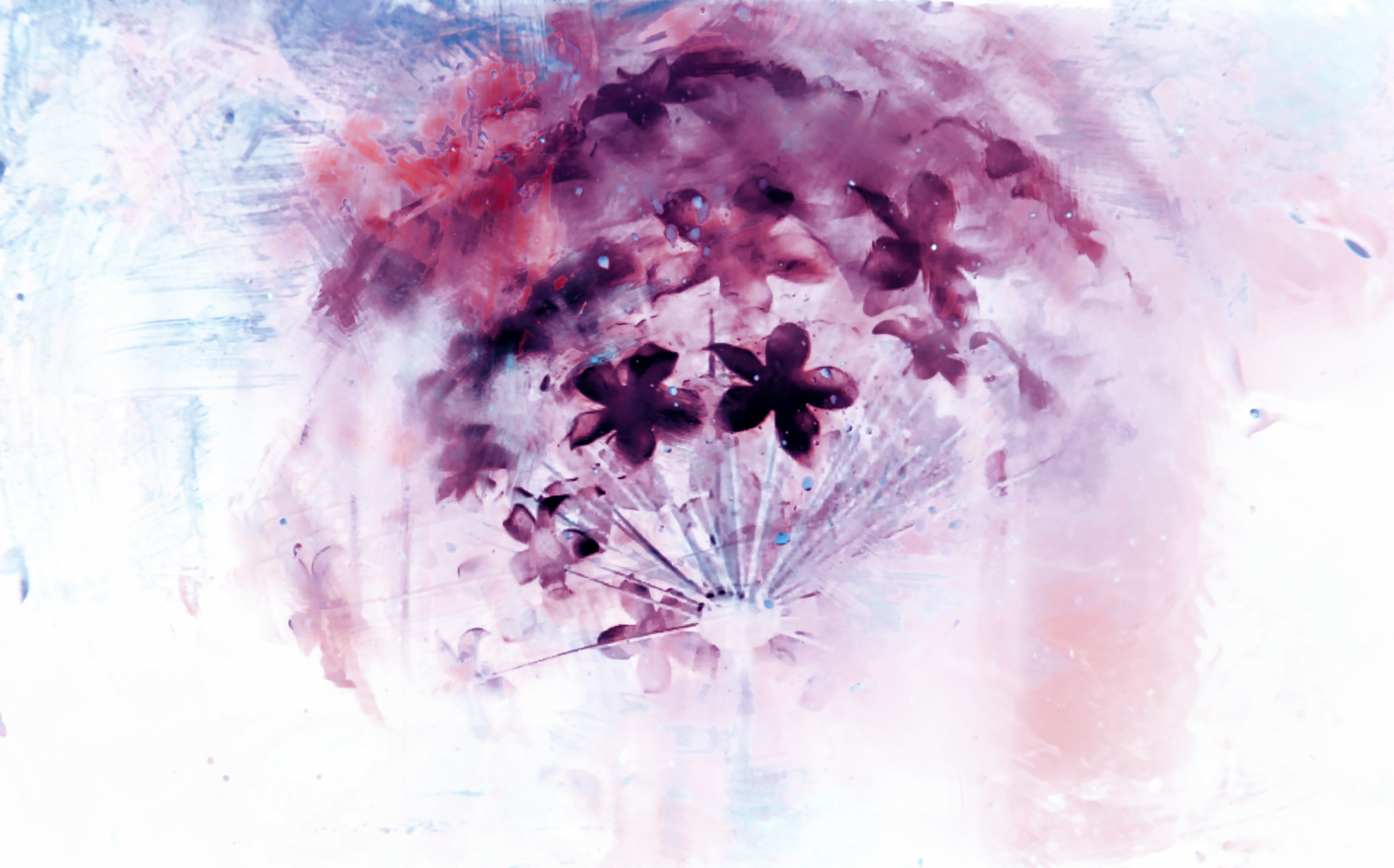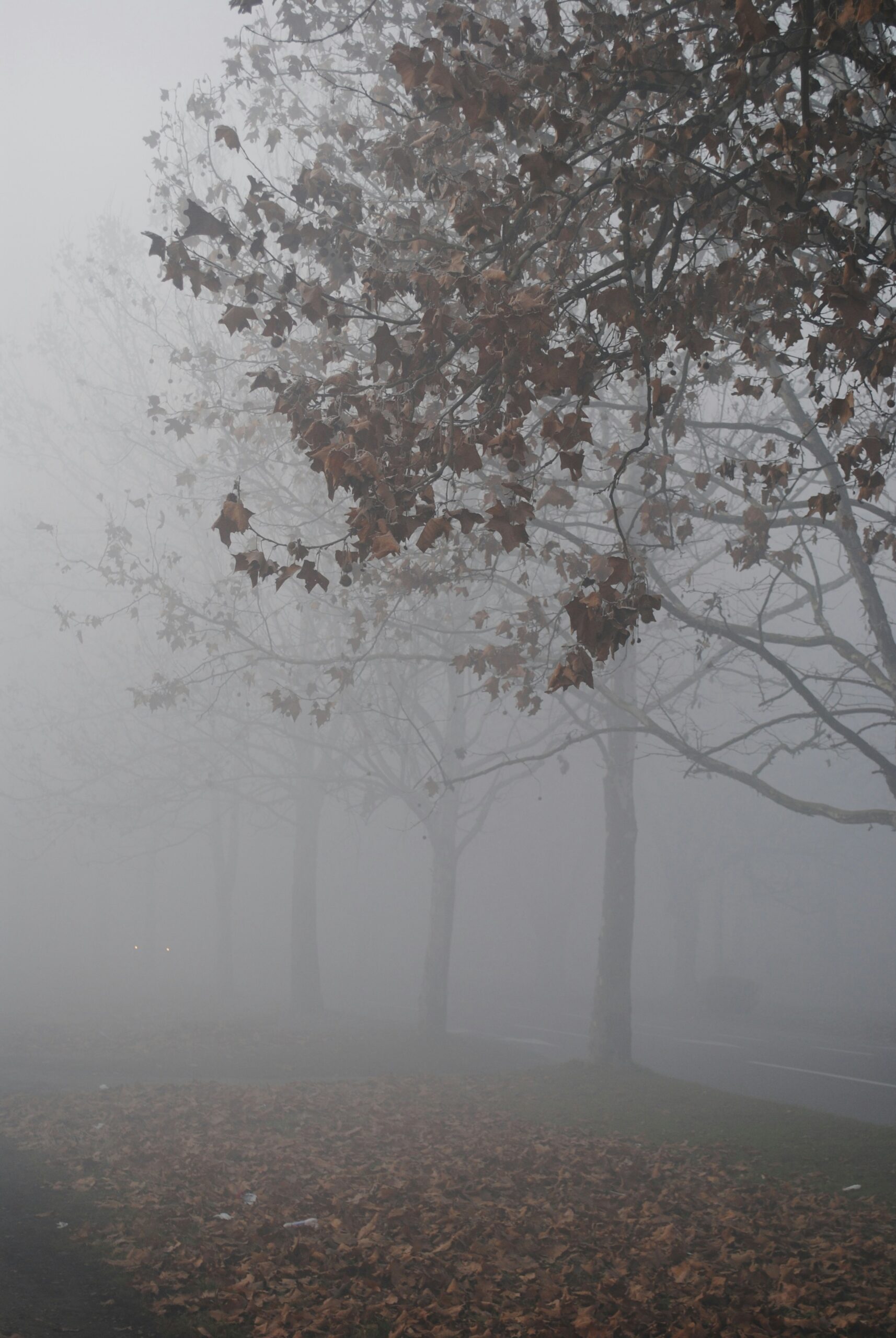
SAI Sabouke is a made-by-Nigeria poet living in New Bussa, Nigeria. He holds a BA in English from the Usmanu Danfodiyo University, Sokoto. He finds Sufism, History and Language as fascinating tools for man and society regeneration. His writing has appeared in Dugwe: Online Journal of Abuja Writers Forum, Synchronized Chaos Magazine, Peacock Journal, African Writer and elsewhere. Sabouke loves beans, gahawa and dreams of roasting the entrails of vultures.
Grief drives. It turns us into pawns to tears. I see so much poetry in tears. Poetry does to us what grief does–reminding us of humanity and divinity. Poetry comes alive when deep emotions ride us to find company and solace in words. And, I believe, there is no emotion that drills deeper into the heart of man like love and grief.
The shocking death of my sisters on the 6th of April opened me to things poetry makes possible. When art goes transcendental, we call it poetry. Recently, I have come across arguments that opine that poetry makes nothing happen. I disagree. Poetry makes everything happen. Take Africa and examine the role poetry played in the struggle for political independence. Another more crucial instance is Sufism. The Sufis are great men. They are the known ancient philosophers and soul guiders before the People of the Book(s) emerged. The Sufis, through deep meditations and saying of sacred wird (litanies), succeeded in ascension from mortality to immortality while they were still in this world. And what I always found difficult to understand was this—that these saints who claim to have reached Divinity (take Hallaj and the day he emerged proclaiming ‘’Ana l’ Haq’’) burst into poetry in their sacred moments of attaining Oneness.

I was shocked by death and what poetry could do. After the burial of my three good sisters, I returned home lost. Confused. Shattered between the last smile we shared and the first drop of tear I welcomed their lifeless bodies with. I looked through the door to my room and saw despair at the threshold calling me out. I hesitated and waited a long time seeking company and tears. I couldn’t cry and nobody came. Then I looked around some hours later and saw my copy of A Selection of African Poetry, introduced and annotated by K. E Senanu and T. Vincent, staring at me.
The poems I found therein sent me seeking more poetry. Through those poems, I found the antidote for my all-suffocating grief. In an interview with Saddiq Dzukogi on Syncity NG, the poet set a path for me to walk on. In his response to a question about his late daughter, Baha, he explained the role poetry played in deflating his grief. He said:
‘’I used the process of writing poems to navigate grief, trying to make sense of it by way of the poems. I felt pulled away from the world, into an alternate world in the poems I created. In there, I was with my child, crying, living and reliving.”
Like the poet, poetry helped me, too, take the gory veils of sorrow off the face of grief. I did not write any poem but reading poetry assisted me in removing the veils until grief became love in its purest nature. With poetry, I found that grief and love are one. They all bring us to tears when our heads are drowned in them. This discovery, informed by poetry, brought me to a stream of endless tears.
Whatever it is that brings the Sufi to poetry after ‘finding God’ was what sent me to verse in my time of grief. Poetry matters. Poetry does everything. With this, I say, poetry is suluk after every jazba. And the jazba instigated by death is no less or more different from the one by love and desire.
The opening lines of Dami Ajayi’s Ode To An Untimely Obituary helped retract my feet from ascending the rung of sorrow. The three short lines took a long walk cooling anguished veins on the path my thoughts went:
& how do you console a man
when death snatches his woman
from his arm?
I was grieving my sisters and here is poetry introducing me to the misery of her beloved husband. I wanted to cry but not certain who I should shed the tears for. This brought me to Dami Ajayi’s prayer in Ayo’s Dance:
Lord, teach me to discern
tender moments, minor moments
that pass innocuously into the void.
In his Song of Sorrow, Kofi Awoonor has relieved me of the need to pen down words that would delineate my sorrow. My sister, Mallama Fatima, was my closest relation. She was the person I was most secure with. When her death hit us, I find in Awoonor’s poem that:
My right arm is broken
And the tree on which I lean is fallen
Her death is my family’s greatest misfortune at present. It got us lost and torn because she was the bridge that kept us one. And when my father, who has been bedridden for more than two years, came to my mind, I cried, knowing fully that:
‘’Death has made war upon our house’’
When you remember that you have lost a sister like Mallama Fatima to death, you do nothing but cry and cry. But finding poetry at the time of grief is joy. I found myself alone that night reading poetry, waiting for succor. In Denis Brutus’ After Exile, the poet says:
I am the voice
crying in the night
that cries endlessly
and will not be consoled.
But no, in poetry, I found consolation. I found the meaning and colour of grief. I have seen what poetry is and can do. Poetry has seen me through the demystification of grief. Poetry has restored hope in me when despair was burning my heart. And lastly, death has lost its power over me. I fear death no more. It lasts for a very short time. Poetry, the divine mode of communication, is an amulet for grief.
And death, listen to John Donne:
One short sleep past, we wake eternally,
And death shall be no more; Death, thou shall die!
- Ode to Panic by Goodness Olanrewaju Ayoola - July 11, 2020
- Demystification of Grief – #Sabouke - May 31, 2019












Leave a Reply